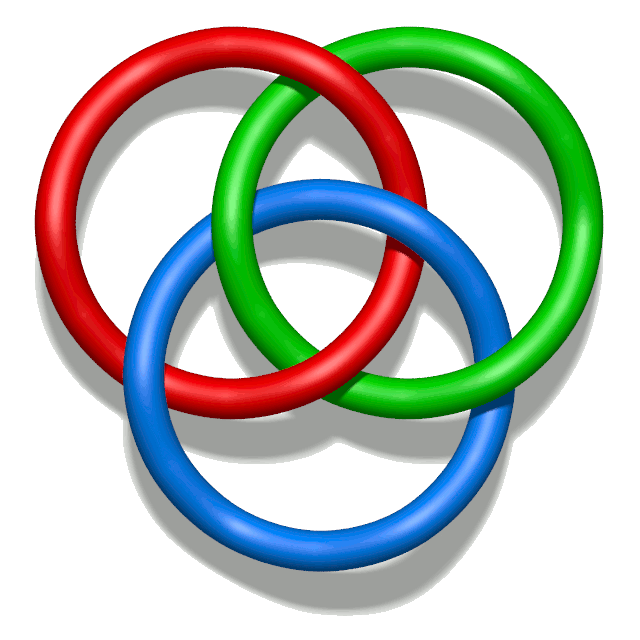Mathematics BSc
Course description
2013.
Course description
2013.
Programming languages – C++
| Hours lect+pc |
Credits lect+pc |
Assessment | Specialization | Course code lect/pc |
Semester | Status |
|---|---|---|---|---|---|---|
| 2 + 2 | 5 | term grade | pure math. | im1c3pn4 | 4 | optional |
| applied math. | im1c3pn4 | 4 | optional |
Course coordinator
- Zoltán Porkoláb
| Strong | Weak | Prerequisites | |
|---|---|---|---|
| Practice class | |||
|
Strong:
Programming fundamentalsL
(im1c1pn2)
| |||
Remarks
Syllabus designed by:
- Norbert Pataki, Department of Programming Languages and Compilers, Faculty of Informatics.
Literature
- Stroustrup, B.: The C++ Programming Language: Special Edition. Addison-Wesley Professional; 3rd edition (February 11, 2000), ISBN-10: 0201700735, ISBN-13: 978-0201700732.
- Scott Meyers: Effective C++: 55 Specific Ways to Improve Your Programs and Designs. Addison-Wesley Professional; 3rd edition (May 22, 2005), ISBN-10: 0321334876, ISBN-13: 978-0321334879.
Recommended:
- Bjarne Stroustrup: Programming: Principles and Practice Using C++. Addison-Wesley Professional; 1st edition (December 25, 2008), ISBN-10: 0321543726, ISBN-13: 978-0321543721.
Syllabus
- Basic elements of programming languages: syntax, semantics, compiler, interpreter, byte-code, translation unit, scope, lifetime, identifiers.
- Preprocessor. Differences between C and C++. Evaluation of expressions and operators. Memory handling and lifetime.
- Subprograms, formal and actual parameters, parameters, arguments. Overloading, default arguments. Parameter passing. References.
- Object-oriented programming in C++. Structs and classes. Interface and implementation. Data member, member function, constructors, destructors. Access modifiers, public, private, protected. Static members and methods. Operators as member and global methods. Overloading vs. hiding. Virtual methods, early and late binding. Abstract classes and interfaces.
- Template functions and classes. C++ Standard Template Library and its usage.
